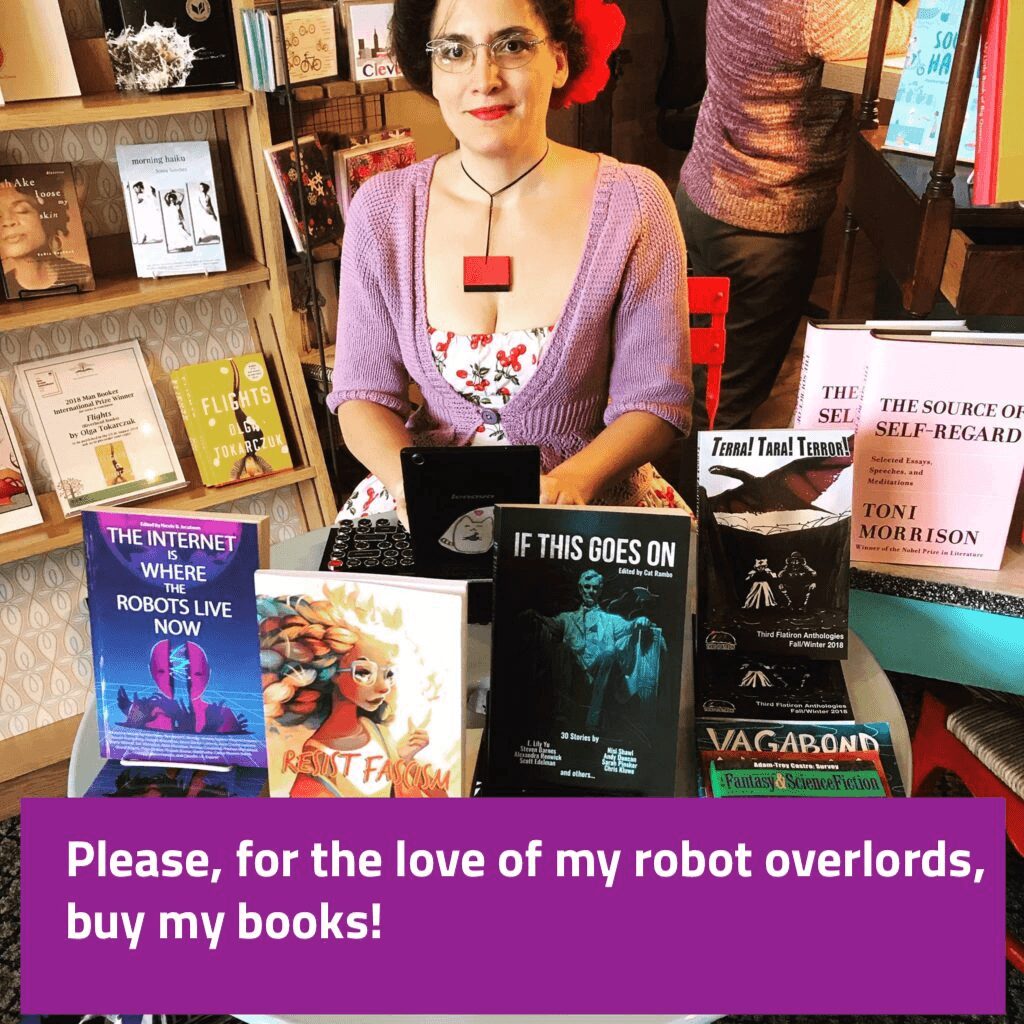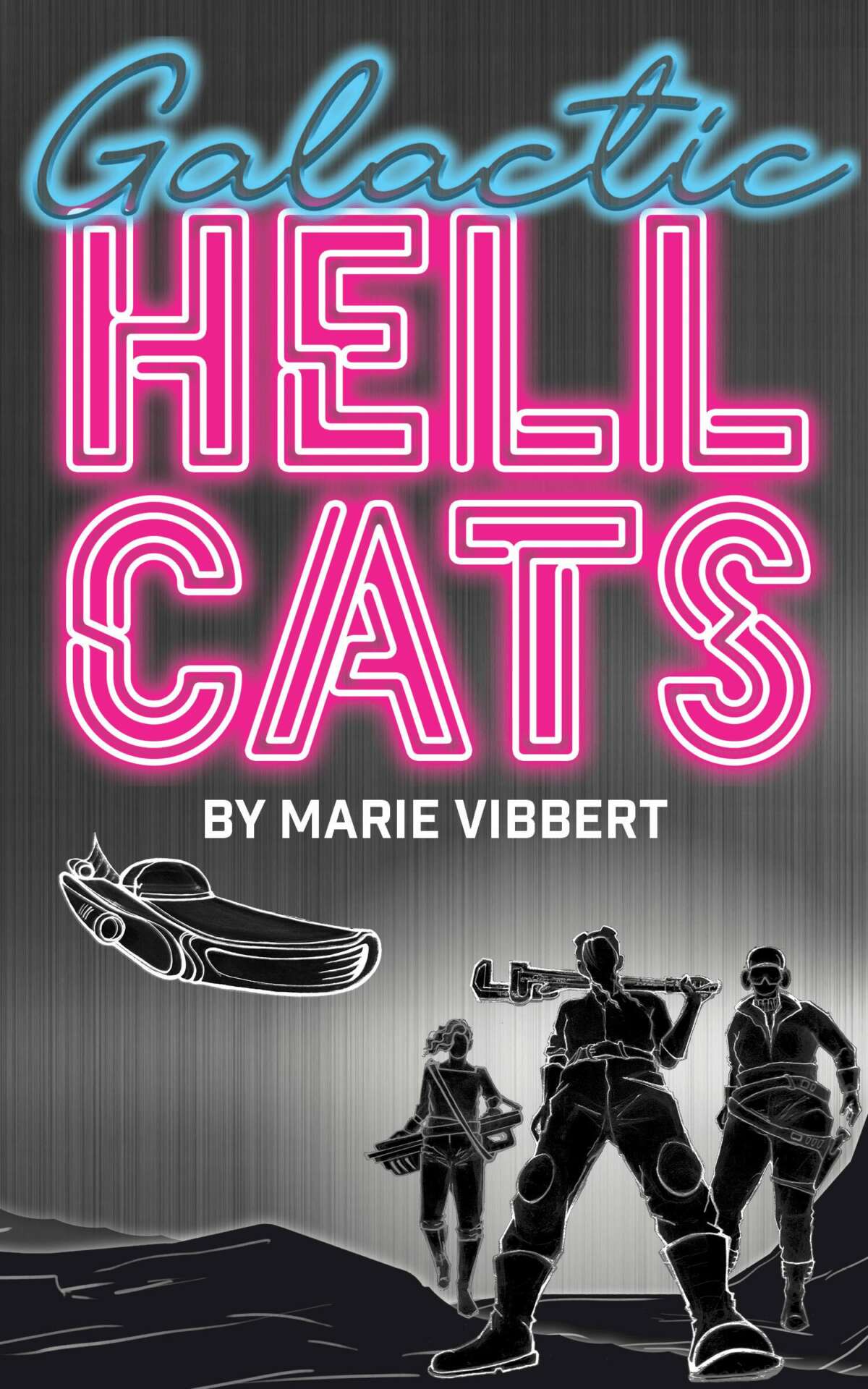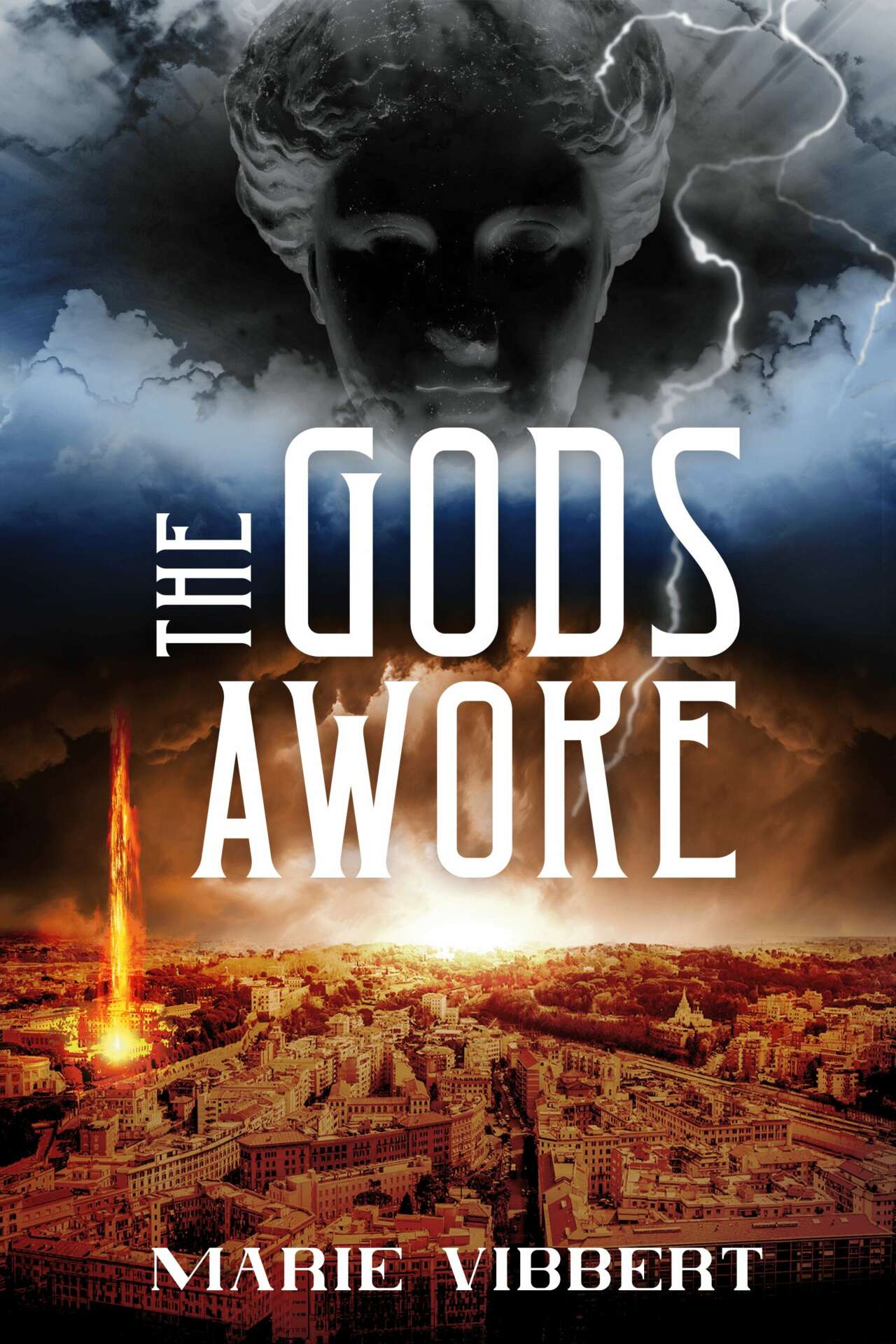Alright – so today we’ve got the honor of introducing you to Marie Vibbert. We think you’ll enjoy our conversation, we’ve shared it below.
Marie, thanks for joining us, excited to have you contributing your stories and insights. Learning the craft is often a unique journey from every creative – we’d love to hear about your journey and if knowing what you know now, you would have done anything differently to speed up the learning process.
Writing is a very long, slow journey. People talk about talent, but my father always said, “Talent is the practice you don’t notice.” As a child, I wrote stories for fun. It was play; I didn’t know I was practicing.
I enjoyed having a higher skill level than most kids my age, sailing easily through my classes with encouragement from teachers. In ninth grade, I got passes to use the school computer lab so I could type in my hand-written novel, and eventually I became a computer lab aide because I was there all the time.
I wrote my first computer game in sixth grade, pencil, on notebook paper, but the process of saving and editing my novel is what made me a computer geek; troubleshooting the printers and sudden, unexpected crashes — this was all in 1989 on an Apple 11gs. You had to load your operating system from a floppy, then pop it out and load WordPerfect from ITS floppy, and everything from italics to indentation was a special code you had to learn…
I digress; writing helped me get my eventual day job as a programmer.
Sometime around starting college, I hit an obstacle where I thought I wasn’t good at plot and it really derailed me. The problem was that most instruction on plot was descriptive but not instructive. So many times I’d seen teachers draw a curve on the chalkboard, talking about “rising action” and “falling off.” There was this mistaken idea that plot should be “intuitive” and you’d just “get” it.
Which is why I now teach classes on how to plot. It is also a skill that you practice. I wish someone had told me that, early on.

As always, we appreciate you sharing your insights and we’ve got a few more questions for you, but before we get to all of that can you take a minute to introduce yourself and give our readers some of your back background and context?
I’ve sold over 90 short stories to top magazines like Amazing Stories, Nature, Analog, and Fantasy & Science Fiction. I have three novels from small presses, and I’ve written computer games and comic book scripts, too. Oh, and poetry! I’ve sold somewhere around 40 poems to magazines. I was a finalist for the Hugo and Nebula awards last year. I do all this while holding down a day job as a computer programmer.
Writing does not provide income to support a family on, but I make more than most, I think, and I teach classes through Literary Cleveland, Ashland University, and Reach Your Apex, where you will soon find my on-demand four week course on writing good plots!
If I were to give myself a brand, I suppose it would be “positive science fiction about ordinary people in extraordinary circumstances.”
We’d love to hear a story of resilience from your journey.
I didn’t keep track of rejections, at first, and I let each one shut me down. When I started tracking, I reached over 700 rejections before I got my first acceptance … and then that magazine folded and sent me a kill fee. I finally sold my first short story over ten years after I started submitting stories for publication, and it was seven years and hundreds more rejections after that when I sold my second.
But, once I sold that second story, I haven’t had a year go by without selling at least three. I average around 14 rejections per sale, and I submit around 100 times a year.
Make rejection a process, not an event.

We’d love to hear the story of how you built up your social media audience?
My main advice is: don’t try.
Think about it like socializing at a club. No one likes the person who tries too hard. Use social media to show who you really are. Post about your cat, or your garden, or whatever is obsessing you today. If all you want to talk about are novelty socks, post about novelty socks.
The audience will appreciate you being a genuine person more than they will appreciate being hounded for attention.
Don’t even think about promoting until you have something to promote! I started with posting whenever I sold a story, then again when the story went live. Now that I have a significant body of work, I post one promotional post a week, rotating between my books, my favorite recent stories, my blog, and my classes. I try to make sure these “promotional” posts also have content, either news or a joke or a nice new picture.
Contact Info:
- Website: https://marievibbert.com
- Instagram: https://www.instagram.com/marievibbert/
- Facebook: https://www.facebook.com/profile.php?id=61554995291351
- Linkedin: https://www.linkedin.com/in/marie-vibbert-781a2513/
- Twitter: @mareasie
- Youtube: @MarieVibbert https://www.youtube.com/channel/UCq7H3_RfWwM6Dp3D8ZTAmjg
- Other: @reasie.bsky.social
@[email protected]

Image Credits
Headshot by Christina Ramirez, bookstore photo by Gina Hoang, Galactic Hellcats by Vernacular Books and The Gods Awoke by Journey Press


